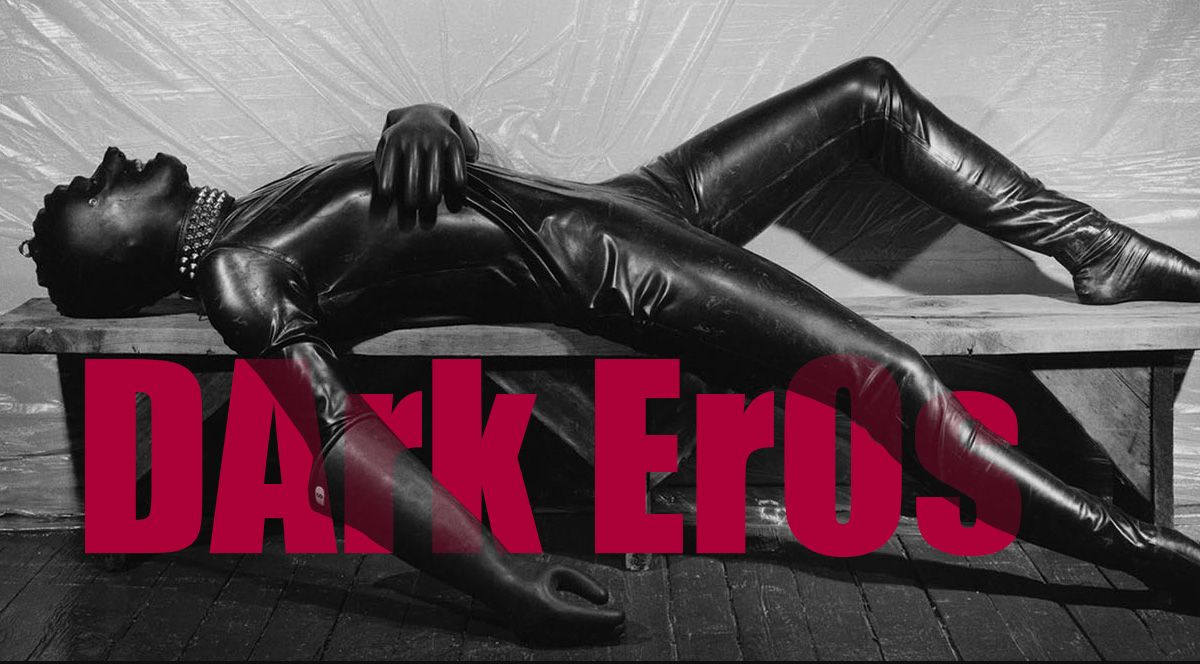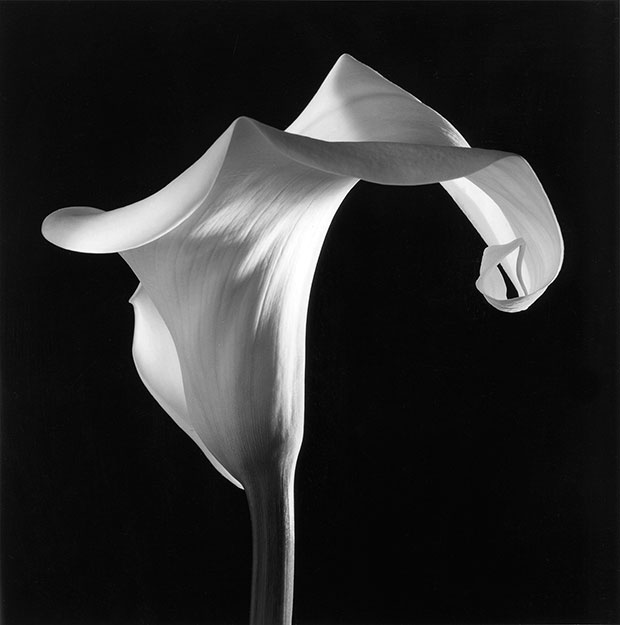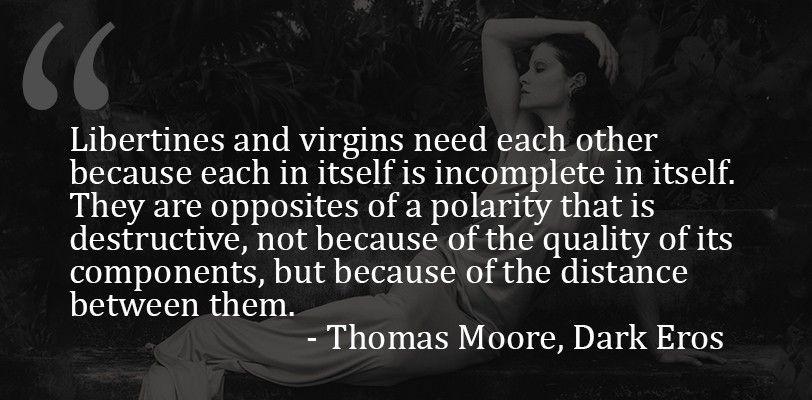
Course Overview
Course Duration: 9 Weeks
Start Date: 22 February 2025
Registration Closes: 21 February 2025 midnight PST
What is it about cruelty, ugliness, humiliation, and violence that both fascinates and shocks us? Why do we feel drawn to the very things we are taught to reject? These distorted, uncomfortable images are not mere inventions; they are mirrors of our deepest self, reflecting the hidden, repressed aspects of our psyche. They strip away our defences, forcing us to confront the uncomfortable truths we have long buried beneath layers of societal norms and personal denial.
What would it mean to turn toward these shadows instead of turning away? To gaze directly into our darkest desires, the parts of us we have been taught to hide—those "monstrous" gestures, cruel fantasies, and obscene urges that threaten to disrupt the delicate fabric of what we call love, sexuality, and safety? Who among us hasn’t felt the pull of these tabooed realms, only to quickly suppress them, fearing their power to unravel the lives we have carefully constructed?
“I long for the real, for the darkness that lies at the heart of things. What is called the real is a mere image. I long for the shadow and the depth. For I know that the real is only what escapes the surface, what lies hidden, like a secret beneath the skin of things. What is called the real by society, by the daily grind of existence, is nothing but an illusion, a pale reflection of something much deeper. I wish to break through that surface, to tear away the comfortable layers of civility and come face-to-face with the true nature of things—the dark, raw, unrefined core of life.”
Jean Genet

______________
Lectures, Workshops, and Videos
LIVE WEBINARS
EMBODIED WORKSHOPS
VIDEO LECTURE SERIES
Thomas Moore
Thomas Moore’s Dark Eros turns to the unsavoury writings of the Marquis de Sade for insights into aggression, domination, and bondage. He treats Sade’s long novels as mythic explorations of violence, offering insight into the problems we face in our personal lives and in society. Thomas examines the sado-masochistic patterns that show up in daily human encounters.
SESSION ONE: THE MYTHOLOGY OF BONDAGE
We begin with Justine, a young woman who constantly exposes herself to the aggressive desires of the “Libertines,” men who find pleasure in binding and causing pain for Justine, who is a soul-figure. We see how our innocence elicits domination and forms a pattern of innocence and aggression. Then we find further insights into agression in Sade’s 120 Days of Sodom, which is a long list of depravities. Our task is to find psychological insights in somewhat pornographic scenes and images. The purpose is to learn how to deal with the aggression that fills modern life.
SESSION TWO: SADO-MASOCHISM IN DAILY LIFE
Now we take the patterns we found in Sade’s fiction and apply them to daily living. We see the sado-masochism in cultural settings such as medicine, education, and family life. Sade helps us see through these patterns of aggression so that our institutions do not have to act them out routinely. Often these elements are hidden and unconscious. We can also notice how daily interactions often contain Sade’s scenarios in subtle ways and with corrosive effects.
Dr. Douglas Thomas
Professor William McMorran
Nico Athene
Our sexual fantasies and dark imaginations can terrify and confuse us, eroticizing our ego’s moral defences and binding us in torturous mythologies of subversion and innocence. Our self-righteous inner nun or monk play out their dry flavours of bubbling rage and delicious restraint. Yet our shame, confusion, compulsive restriction, or a sense of profound violation betrays this pious practitioner, blowing us open in various states of abject excess. The fig leaf will not fit. Without drawing in the imagination that runs below these ruptures, and cast out of Eden, we burn underground, or get lost in a no-man’s land of distraction, blinded with confusion and crippled by awkwardness. This workshop series borrows Thomas Moore’s account of Sade’s Justine and the Libertines as a framing mythology, where violation is understood as essential to the therapeutic process that deepens us into the backsides of imagination. Such dungeons are the fertile and necessary under-grounds, through which we can meet and make sense of life’s initiatory ruptures. Somatic strategies help us identify the prima materia of our egoic narrative, with its narcissistic or heroic upper-world desires. Breaking into the inadequacy of this to account for all of who we are, we descend into the embodied erotics of touch, instinct, dark imagination, and excess. Sheltered in the chambers of our container, we parse out the difference between fantasy and imagination. This frees us from the need to literalise what moves through us. Cultivating a dark-eye as gourmands of under-worldly styles we meet the poetics of our relating - their tortures, sacrifices, and inconvenient delights - with a more loving and creative attention.
Workshop 1: Small Ruptures and the Loss of Innocence
Prima materia and Vesseling, and an introduction to Embodied Consent.
‘Vice, of course, is relative…. it is quite common for a person to believe strongly in the virtue of selflessness. Many of us have been brought up in the absolute certainty that selfishness is a vice. but when you listen to the life stories of a selfless person, you hear bitterness about that virtue, and you notice typical signs of repression. The selfless person is often subtly controlling and self-serving’ - Thomas Moore ‘Dark Eros’
Workshop 2: Animal Bodies, betrayal and Instinct
The Blackening: Violation and the Necessity of Inferiority.
‘To avoid the inferiority of pre-adult perversity we turn to gender. We pursue opposites and thereby avoid the inferiority of a style before opposites. We get up from inferiority by repressing the primal in sexuality, turning instead into a highly sublimated culture of gender.’ - Thomas Moore ‘Dark Eros’
Workshop 3: Sex on the Battlefield
More Blackening, Descent, and the Power Dynamics of Love.
‘In one sentence in one scene from one film, Patton, sums up what this book tries to understand. The general walks the field after a battle. Churned earth, burnt tanks, dead men. He takes up a dying officer, kisses him, surveys the havoc, and says: I love it. God help me I do love it so. I love it more than my life.’ - James Hillman ‘A terrible love of War’
Workshop 4: Inner Dungeons and Imaginal Swell
Into the Blue: Imaginal Intimacy and Blue/Cruel nights with Soul.
‘A Monk takes to the monastery to protect his virtue, the libertine, to safeguard his vice.’ - Thomas Moore ‘Dark Eros’
Workshop 5: Loves Tortures
From White into the Rubedo, towards Aesthetics of Addictions and Compulsions.
‘Libertines and virgins need each other because each in itself is incomplete in itself. They are opposites of a polarity that is destructive, not because of the quality of its components, but because of the distance between them’. - Thomas Moore ‘Dark Eros’
Nan McAughey
Act II: A Paraphilia of Instincts & Images
Act III: Queering Love
Dr. Suzanne Cremen
Perhaps nothing spins us about as much as sex. It entails the dissolution of boundaries physically and psychically, propelling us into a union with Otherness. This presentation delves into the profound and often tumultuous journey of integrating sexuality and spirituality, particularly for individuals with a dominant introverted intuitive (Ni) personality type, specifically INFJ and INTJ. Drawing on the theories of C.G. Jung, interwoven with examples from biography, cinema, and the mythological expression of Dionysiac madness and ecstasy, she explores how sexual relationships can serve as a path to individuation, leading to a deeper understanding and unification of the spiritual and the sexual. The presentation highlights the turmoil yet transformative potential of embracing the Dionysian aspects of an inferior extraverted sensing (Se) function, which is closely associated with sensual and sexual experiences. The work we do in our most private lives to heal the traumas and reclaim the shadow aspects of the personality has collective ripples too. We will consider how individuals who are psychologically tasked with integration of the inferior function through their sensory experiences of the body are engaged in the soul’s work of healing the larger dualistic division, furthered by patriarchal traditions, between the spiritual and the sexual.
______________
Course Details
(All live presentations are recorded for anyone unable to attend live.)
Saturday 22nd of February
LIVE LECTURE
‘A black sun’: the philosophy and psychology of the Marquis de Sade
presented by Professor William McMorran
_______________
Monday 24th of February
Saturday 1st of March
LIVE LECTURE
_______________
Monday 3rd of March
LIVE LECTURE
_________________
WORKSHOP 1
_____________________
Monday 17th of March
WORKSHOP 2
Sunday 23rd of March
STUDENT SEMINAR
hosted by CAJS Head of Learning Stephen Anthony Farah
and archetypal therapist Nan McAughey
___________________
Saturday 29th of March:
LIVE LECTURE
___________________
______________________
Monday 7th of April
Saturday 12th of April
WORKSHOP 4
Inner Dungeons and Imaginal Swell
presented by Nico Athene
_____________________
Sunday 13th of April
Monday 14th of April
Saturday 19th of April
WORKSHOP 5
Loves Tortures
presented by Nico Athene
_____________________
______________
______________
Payment Options
Access to Course Platform with all learning materials
Access to the live zoom sessions and recordings
Access to the facilitated private course forum
SINGLE PAYMENT:
US U$350
PAYMENT PLAN:
U$ 190 per month for two months.
______________
Registration and Bookings
Course Starts Saturday, February 22, 2025
*Registration Closes Friday, February 21, 2025
______________
Faculty
Thomas Moore
Thomas Moore is the author of Dark Eros and Care of the Soul, a bestseller on the New York Times list for almost a year among thirty other books on matters of soul and spirit. He lectures in many parts of the world, recently online in Rome, Brazil, Argentina, Romania, Malta, Russia, Serbia, the United States, and Canada. In those years he has also been a psychotherapist influenced mainly by C. G. Jung and James Hillman, his close friend for four decades. He has won many awards, including an honorary doctorate from Lesley University and the 2003 Humanitarian Award from Einstein Medical School. He has been an archetypal analyst and an unaffiliated theologian. Thomas’s most recent book is The Eloquence of Silence. He is also a musician and a father and husband in a remarkably creative family that includes artist Joan Hanley, musician Siobhán Moore, and architect Abraham Bendheim.
Professor Will McMorran
Will McMorran is Professor of French and Comparative Literature at Queen Mary University of London. He has published widely on eighteenth-century fiction, the early history of sexology, and the works of the Marquis de Sade. He has also translated two works by Sade: The 120 Days of Sodom (which won the Scott Moncrieff Prize in 2017) for Penguin Classics and The Marquise de Gange for Oxford World Classics. His new book on Sade, Sensing Violence: Reading with the Marquis de Sade will be out later this year.
Nan McAughey
Douglas Thomas
Dr. Suzanne Cremen
Nico Athene
Stephen Anthony Farah


Welcome to Dark Eros. This is your go-to page to access course materials. Module materials will be available in the course player below, as they are released, including a reading list, readings & intro video now avaialble as a course introduction.
Your can navigate to the Private Community Forum for this course by clicking on 'Community' at the top of this page, or by following this link - https://appliedjung.learnworlds.com/social/channel/dark-eros
Course Facilitators
Support Team Contacts
Email: carli@appliedjung.com.
Jess Machanik can assist with administrative/finance inquiries, such as status of payment plans, etc.
Email: jess@appliedjung.com.
Caleb Farah can assist with technical inquiries.
Email: caleb@appliedjung.com
Course Schedule
Times: live webinars will start at 5 PM London, 12-midday NYC.
(All live presentations are recorded for anyone unable to attend live.)
Saturday 22nd of February
LIVE LECTURE
‘A Black Sun’: The Philosophy and Psychology of the Marquis de Sade
presented by Professor William McMorran
_______________
Available Now:
VIDEO LECTURE
Introduction and Orientation to the Dark Eros Seminar Series
presented by Stephen Anthony Farah
_______________
Saturday 1st of March
LIVE LECTURE
The Mythology of Bondage
presented by Thomas Moore
_______________
Monday 3rd of March
VIDEO LECTURE
A Heresy of Desire three part series: Part 1
presented by Nan McAughey
_________________
Saturday 8th of March
LIVE LECTURE
The Role of Eros in Contemporary BDSM
presented by Dr. Douglas Thomas
_________________
Saturday 15th of March
WORKSHOP 1
Small Ruptures and the Loss of Innocence
presented by Nico Athene
_____________________
Monday 17th of March
VIDEO LECTURE
A Heresy of Desire three part series: Part 2
presented by Nan McAughey
___________________
Saturday 22nd of March
WORKSHOP 2
Animal Bodies, Betrayal ,and Instinct
presented by Nico Athene
__________________
Sunday 23rd of March
STUDENT SEMINAR
hosted by CAJS Head of Learning Stephen Anthony Farah
and Archetypal Therapist Nan McAughey
___________________
Saturday 29th of March:
LIVE LECTURE
Sado-Masochism in Daily Life
presented by Thomas Moore
___________________
Saturday 5th of April
WORKSHOP 3
Sex on the Battlefield
presented by Nico Athene
___________________
Monday 7th of March
VIDEO LECTURE
A Heresy of Desire three part series: Part 3
presented by Nan McAughey
______________________
Saturday 12th of April
WORKSHOP 4
Inner Dungeons and Imaginal Swell
presented by Nico Athene
_____________________
Sunday 13th of April
STUDENT SEMINAR
hosted by CAJS Head of Learning Stephen Anthony Farah
and Archetypal Therapist Nan McAughey
______________________
Monday 14th of April
VIDEO LECTURE
Sex, Madness and Spirituality: A Pathway to Individuation for the Introverted Intuitive
presented by Dr. Suzanne Cremen
______________________
Saturday 19th of April
WORKSHOP 5
Loves Tortures
presented by Nico Athene
_____________________
Course Material
You can preview the materials for each module by clicking on the drop down-arrows on the far right of each heading.
